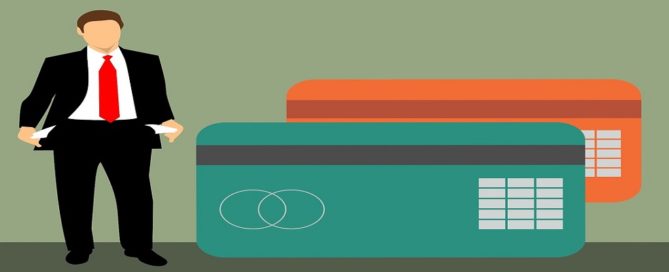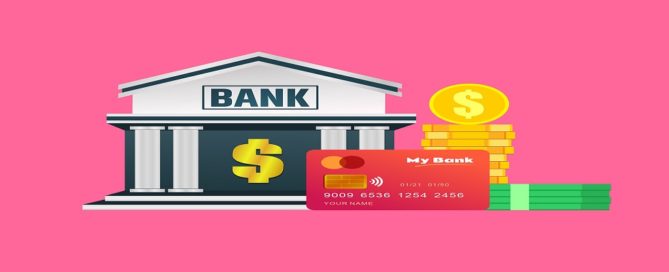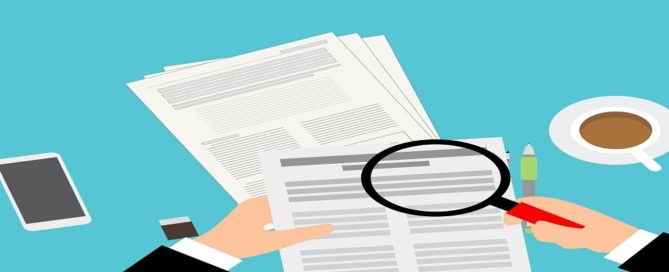Know Everything About Chapter 7 Bankruptcy For LLC
Call: 888-297-6203 If your limited liability company (LLC) is facing financial issues due to business debts, filing for Chapter 7 bankruptcy can be a good option. When LLC files for bankruptcy, the business assets are liquidated by the trustee to repay the creditors. Filing a bankruptcy petition puts an automatic stay in place, and the business stops operating. The company's assets are liquidated and distributed among creditors as per the U.S. Bankruptcy Code. All collection attempts made by the creditors are stopped with the automatic stay in place. Unfortunately, when any small business files for bankruptcy, no property [...]










